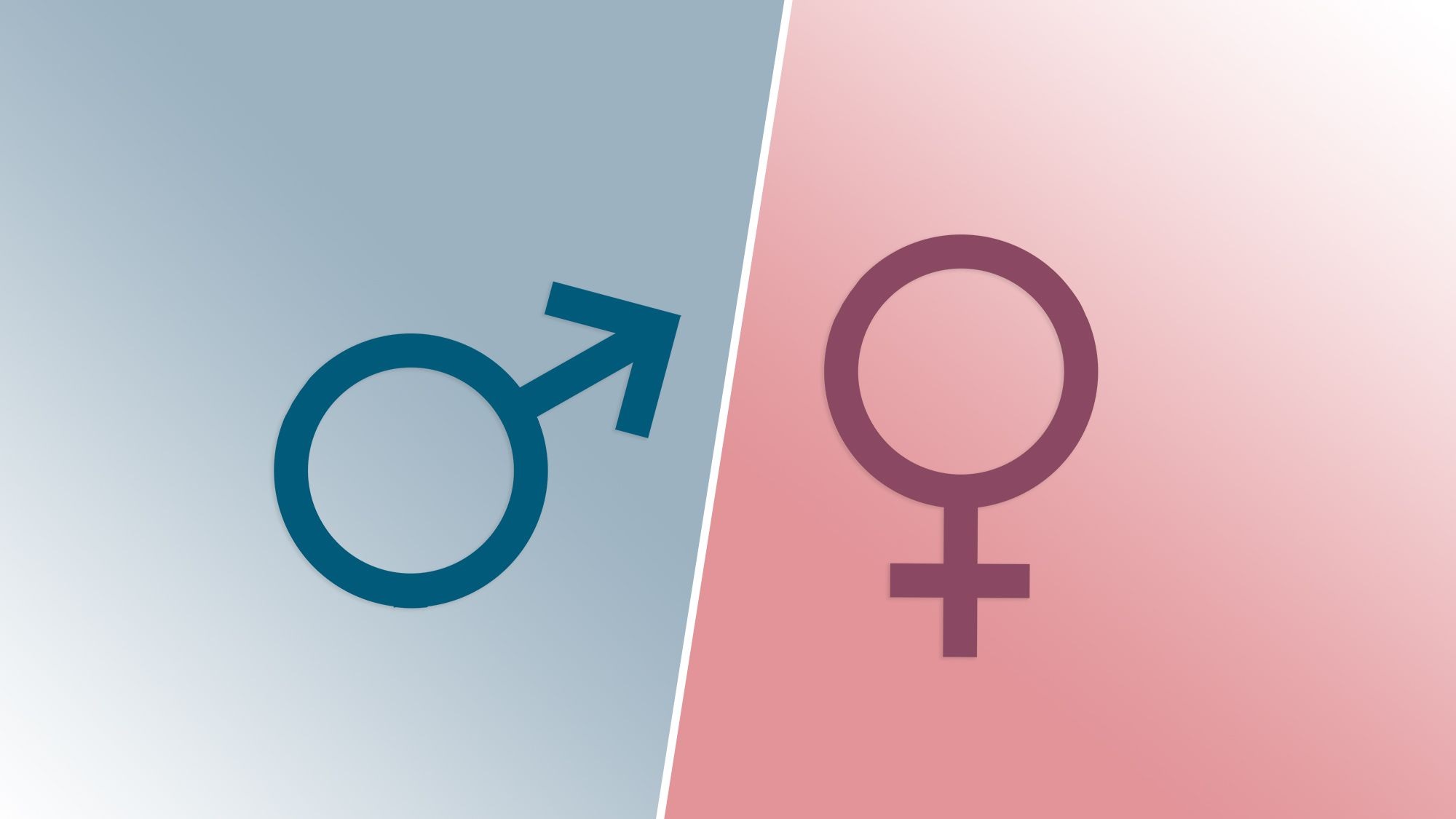The words "cis gender" can also be used as a synonym for "cis gendered" and "cis" among others. The "cis" in the designation stands for "this side" and may therefore not yet be too meaningful for many. However, it often becomes clear comparatively quickly from the context what is meant. In a way, cis gender represents the opposite of trans.
A person who is cis gender identifies with their biological sex that was "given" to them at birth.
This means that a man born with male gender markers feels male. Likewise, a cisgender woman born with female sexual characteristics feels female.
Colloquially, the term "normal" is still used in this context. However, many queers find this term discriminatory. Because: If cis gender is considered "normal", everything else is considered "abnormal".
Do cis gender people have advantages in society?

Many would certainly answer this question with a resounding "yes." Men who dress masculine are often stared at less than people whose biological sex does not match their self-identification.
Shockingly, relevant disadvantages often become apparent during job interviews. And even though there are now many laws and guidelines in the direction of equality and tolerance, it certainly cannot be denied that there is still a lot of room for improvement in this regard.
Also the prejudices that non cisgender people face every day should not be underestimated in this context. Many associations and action alliances have now made it their task to break down prejudices against queers and to prove to society that both - cis gender and queer - are absolutely normal.
Do many people pretend to be cis gender?
The pressure on queers in today's world is high. That's why many people choose to do this, Pretending to be Cis Gender.
They hope not to be confronted with prejudice and discrimination. After all, only those affected themselves know what it looks like deep inside them. A classic example: A biological man feels and identifies as a woman. However, he does not dare to show his identification to the outside world, for example by wearing clothes. Over time, some of those affected develop a double life and live out their passion only when going out and in relevant locations.
At the same time, there are also some cis gender people who identify with their biological sex, but still don't want to dress too masculine or too feminine.
They, too, are often discriminated against and exposed in public - despite being cisgender.
What role do "old ways of looking at things" play?
According to traditional role models, there are more or less fixed guidelines about how a cisgender person must look and behave. But here, too, the boundaries are becoming increasingly fluid. A biological man who likes to wear pink, for example, does not necessarily have to be queer.
It is often the traditional views that lead to people being prejudiced. Cisgender people can be affected by this as well as queer people.
However, the amount of prejudice and discrimination that queer people face is much greater than it is for cisgender people. As is so often the case, with a little tolerance and understanding, it would be possible to change a lot of things.

Cisgender people are usually also very uptight. They have the view that there are only men and women and are not open to anything else. Men who also feel like men and women who feel like women. Whereby I tend to think that they simply never deal with themselves, but there's more than just the one thing slumbering in everyone. Or not 😉